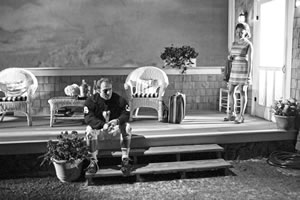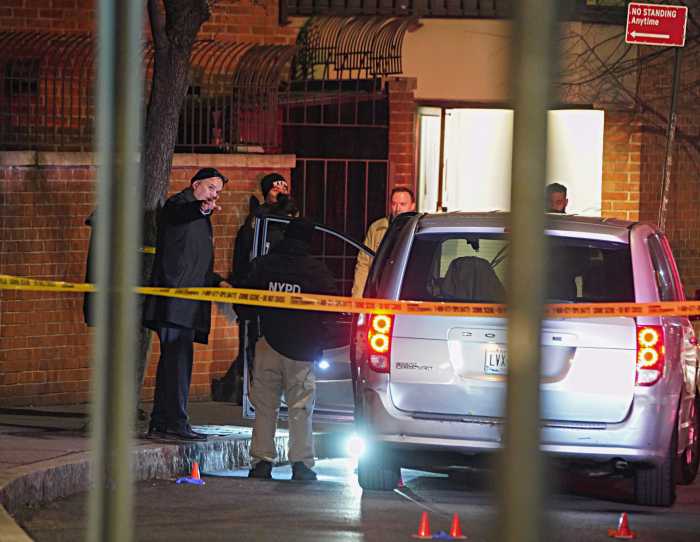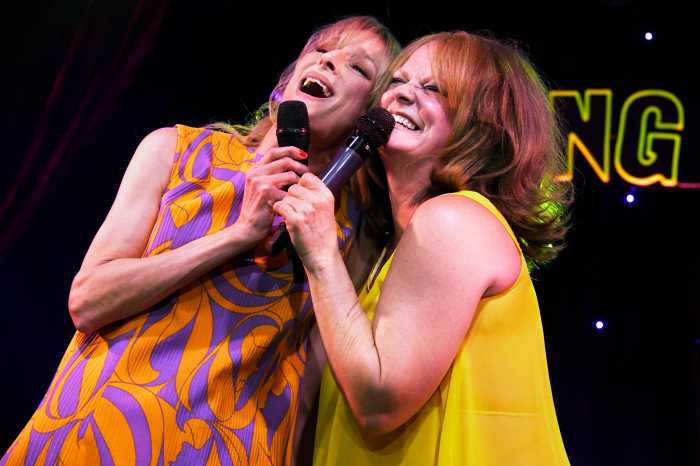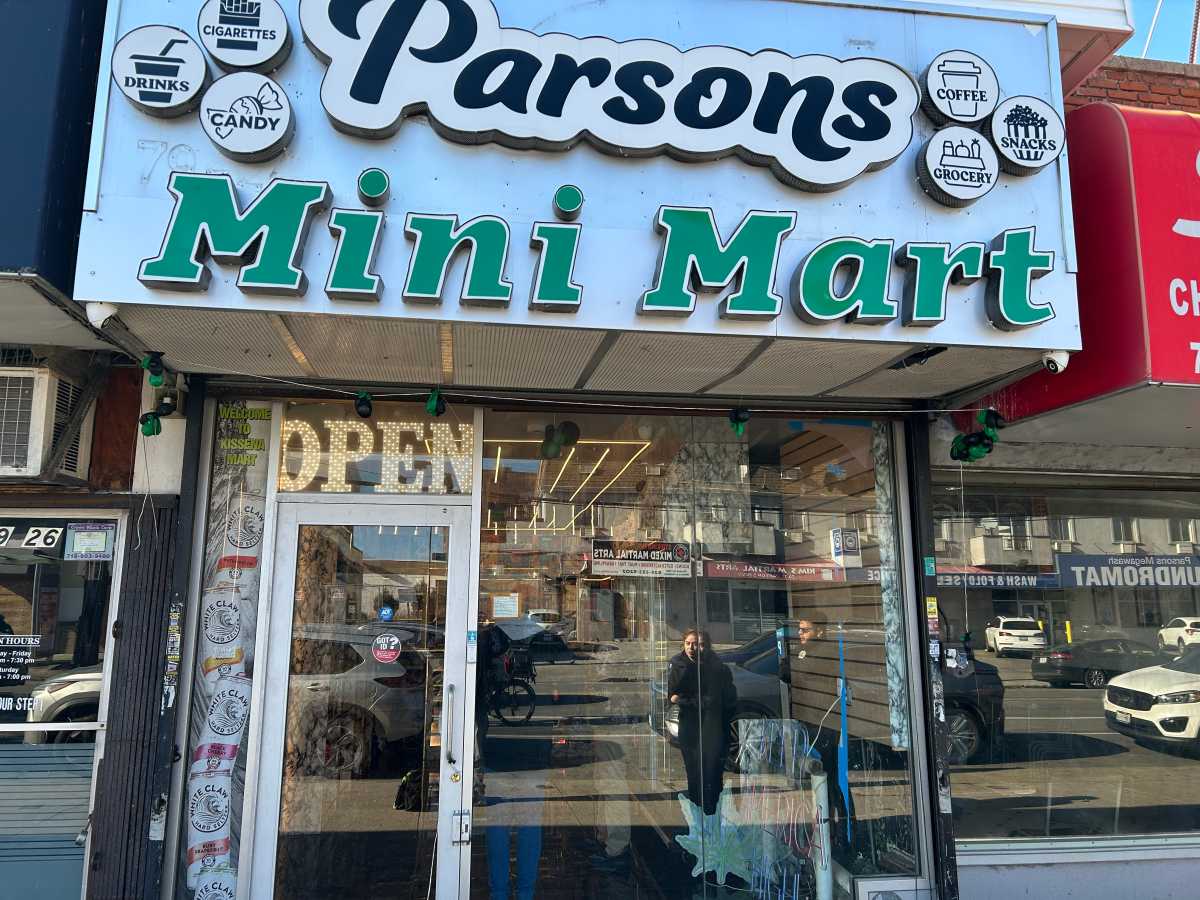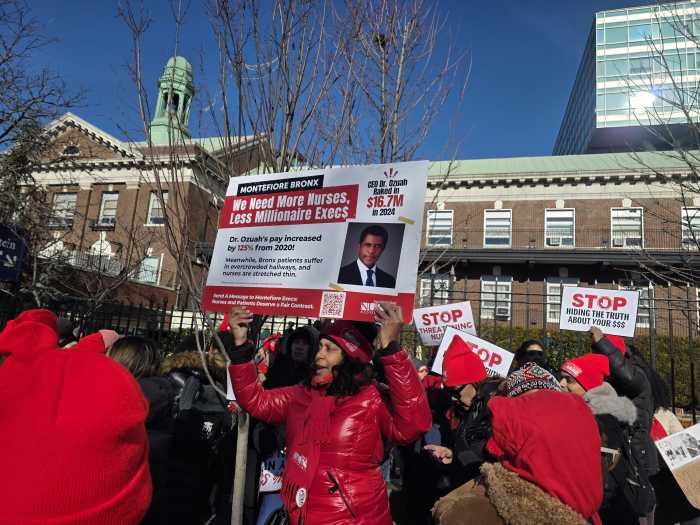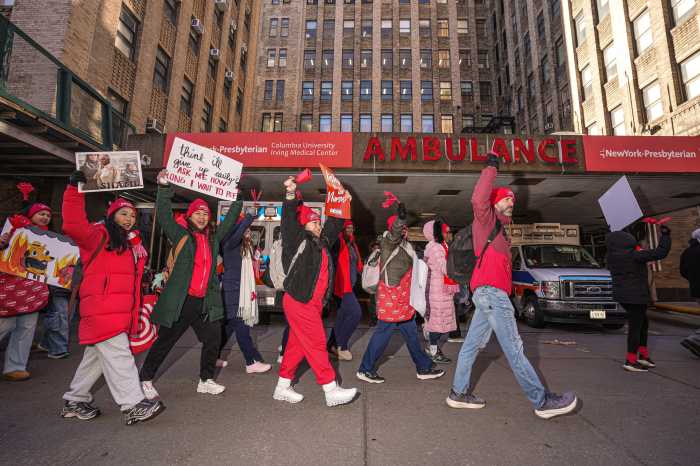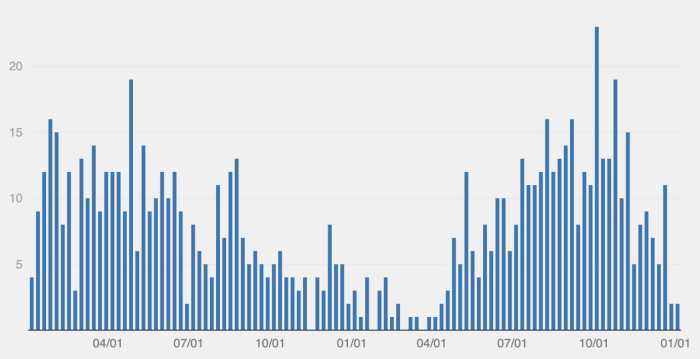BY JERRY TALLMER
A.R. Gurney still stings like a bee
Try writing a piece about A. R. Gurney or any of his plays without ever using a certain four-letter word (ALL CAPS, please) that’s both the name of a creature mighty like a bee, except nastier, and an acronym for this country’s uptight socio-ethnic upper class strata that Gurney has now spent more than 40 years anatomizing in one work for the stage after another.
Just try.
Well, A. R. “Pete” Gurney must be doing something right. At 81, this native son of Buffalo, New York, has the face, energy, enthusiasm, vigor and memory of, oh, someone in his gladsome 50s.
He also must have been doing something right artistically, all along, even if the people who best love his stuff are the paying customers, not, for the most part, the reviewers — and never, or almost never, the Frank Rich who used to be chief drama critic of The New York Times. “Not my biggest fan, no,” Gurney says off-handedly, and lets it go at that.
But high up among his actual most ardent fans are all the distinguished actors and actresses who, here and abroad, have been delighted to appear in Gurney’s works — brilliant international talent like Michelle Morgan, Lily Palmer, Constance Cummings, Stockard Channing, Jeff Daniels, Irene Worth and the Swoosie Kurtz who starred in the original American production of Gurney’s “Children” back in 1974. Not to mention anyone and everyone who ever appeared here and around the world in the evergreen two-character “Love Letters.”
Things were never easy journalistically for this playwright from the start, which was a sharply satirical “The David Show” (The Players Theatre, MacDougal Street, Greenwich Village, 1968) that got sneered upon by every reviewer except Edith Oliver in The New Yorker and someone using my name in the New York Post. It opened and closed the same night.
Next came “Scenes From American Life” at Lincoln Center — which put some dirty words into the mouths of the blue bloods on stage, got “absolutely flattened” by Frank Rich — “and caused my father to stop talking to me,” says Gurney. Then came “Children.”
“Nobody would touch it in America,” he says, “until after its production at the Mermaid Theatre in London.” That led to its New York premiere by the Manhattan Theater Club, then on the East Side.
And everything else has followed?
“Everything else has followed, good and bad,” Gurney echoes with what must be described as a chuckle.”
He kept trying, kept writing and finally broke through big with the long-running, much traveled “The Dining Room.” It has been followed by what is now more than fifty full length or one-act dramas, many of them (including “Children”) autobiographical to greater or lesser degree.
Future playwright Gurney had acquired the nickname Pete because Albert Ramsdell Gurney, Jr., was too much of a mouthful for a growing boy.
No, Gurney starts to say, the “Jr.” isn’t a token of privileged ethnicity — that aforementioned forbidden acronym — but he then stops and corrects himself. “Well, yes it did [impart that upper-crustiness], at least until the death of my father in 1977.”
If Pete Gurney is sort of a latter-day Philip Barry in theater, a more direct umbilical cord connects Gurney to the fiction of that same social strata’s John Cheever. “I first read him in The New Yorker,” says Gurney. “I loved those stories, and I taught [the writings of] Cheever for many years at MIT.”
“Children” was, in Gurney’s words, “suggested by” the 1940 Cheever short story “Goodbye, My Brother.”
Has Gurney done any other plays “suggested by” some other source?
“No.” Dry pause. “None that I admitted to.” Pause. “I did adapt Henry James’s ‘The Aspern Papers’ and called it ‘The Golden Age.’ ”
That brother (Tifty in the Cheever story, Pokey in the Gurney play) is much talked about — but, as of this writing, never actually seen on stage.
Why is he called Pokey?
“Well, he’s always poking into things” — family secrets, family ghosts. In short, he’s a black sheep, and as much loved/unloved as such sheep usually are.
The title of this play is of course sardonic. Here are all these grown-ups behaving like errant children — their own children — at a 4th of July family reunion on an island off the Massachusetts coast. Edward Albee’s “American Dream” meets Lanford Wilson’s “5th of July.”
There’s Barbara (actress Margaret Nichols), divorced mother of two children whom she does not much like. There’s Barbara’s brother Randy (Richard Thieriot), a prep-school coach and sports freak. There’s Randy’s wife Jane (Lynn Wright), who considers their children and themselves to be “freaks.” There’s the unseen, troubling Pokey — and then there’s the mother of them all (Darri Lawrence), a self-sacrificing widow in her 60s who has long suppressed her own drive, her own ambitions, in the effort to make this brood of hers, with all its rivalries, grow up.
The mother’s name is never given, never spoken.
“I never say what her name is. Everybody just calls her Mother.” Pause. “She’s my mother — based on my mother, Marion Spaulding Gurney.”
A good Republican, one presumes.
“Oh yes.”
He admits to putting a bit of himself into the brother named Randy. “And I have four grown children of my own.”
Are you a sports nut?
“Not so much.”
Still and all, one of his plays that this viewer liked best was the 2004 “Big Bill,” about the great 1920s tennis player William Tatem Tilden (1893-1953), whose all-everything championship career was blasted by revelation of his homosexuality,
Precision and clarity are what have graced Gurney’s output from the beginning. He’s just finished a new script for one of his favorite venues, the Flea Theater, down near Ground Zero.
I don’t know if there are any bumblebees in that script or not, but I wouldn’t bet against it.



